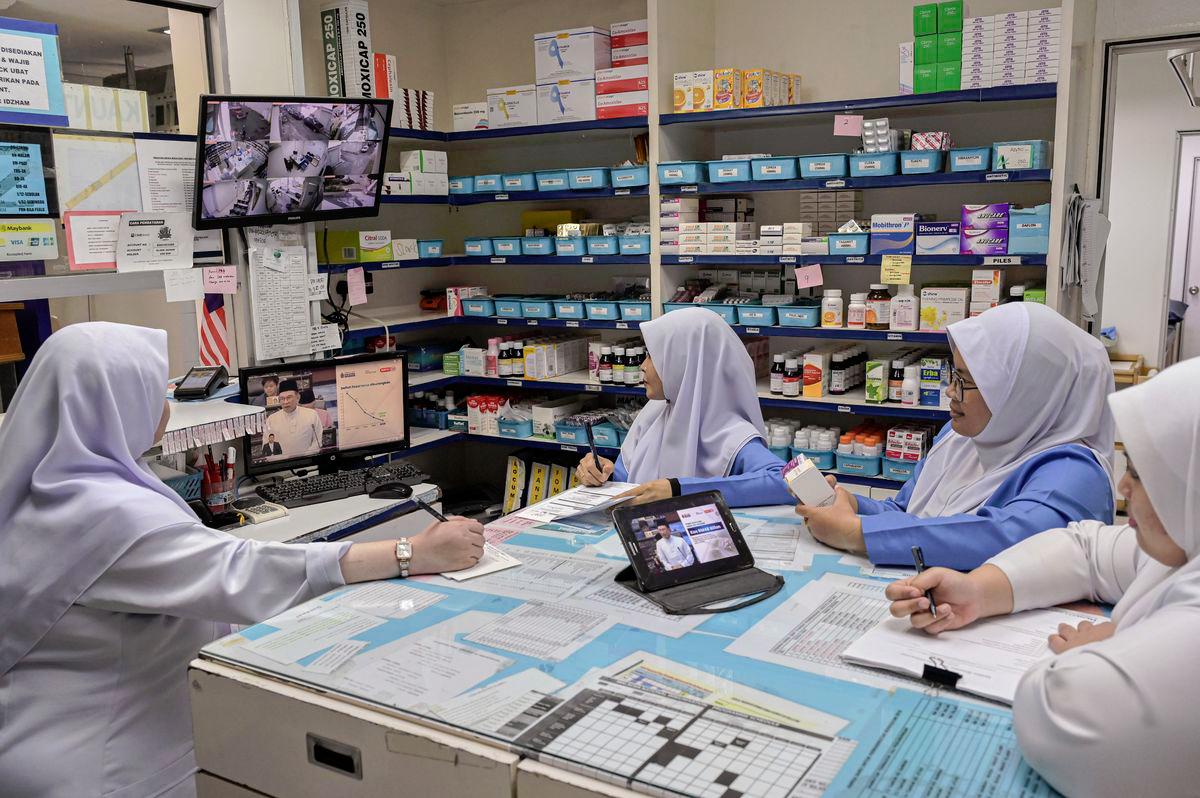PETALING JAYA: The Health Ministry will receive RM46.5 billion under Budget 2026, up from RM45.3 billion this year, as the government pledges sweeping reforms to strengthen infrastructure, curb overcrowding, expand insurance coverage and improve the welfare of healthcare workers.
Prime Minister Datuk Seri Anwar Ibrahim said the measures are guided by the 13th Malaysia Plan and the Health White Paper, which sets out four key pillars for comprehensive reform.
“Our healthcare services demand holistic policies and approaches to untangle the complexities that have long burdened the system.
“Reform is crucial to ensure integration between the public and private sectors, so that services remain of good quality, equitable and affordable for the people,” he told Parliament.
Anwar said RM1.2 billion has been allocated to maintain and repair government hospitals and clinics, with RM100 million to upgrade district hospital wards.
Another RM755 million will replace outdated medical equipment and procure advanced technology, while RM650 million has been set aside by the Malaysian Communications and Multimedia Commission (MCMC) to improve internet access at hospitals and rural clinics.
To tackle overcrowding, RM140 million will fund outsourcing of patients to military, university and private hospitals, while RM30 million will expand specialist services at community health clinics.
New facilities will also be developed, including the Northern Region Cancer Centre in Kedah, a Sabah Heart Centre at Queen Elizabeth II Hospital, and 13 new health clinics across Kelantan, Negeri Sembilan, Sarawak and Sabah.
Expansion works will be carried out at Hospital Pontian, Hospital Banting and Hospital Sungai Buloh, alongside the Advanced Surgical Block at Universiti Sains Malaysia in Kelantan. Projects such as the Kuching Cancer Centre and Sultanah Aminah II Hospital in Johor will also be expedited.
To help households cope with medical costs, the government and industry will jointly provide RM60 million to roll out affordable basic insurance products and implement the Diagnosis Related Group (DRG) system.
Individual income tax relief of up to RM3,000 for life insurance or takaful contributions will be extended to cover children, while stamp duty exemptions on small-value policies and Perlindungan Tenang products will be continued until 2028.
Private hospitals will be allowed to set up tax-exempt welfare funds to assist low-income patients, with donors eligible for tax deductions. Employees Provident Fund members can also use their Sejahtera Account to subscribe to basic health insurance.
Anwar confirmed that the MySalam scheme will continue in 2026, after paying out RM1.2 billion in benefits to 1.7 million recipients since its launch.
Moving from patient protection to frontline staff, Anwar said the government is equally focused on strengthening the healthcare workforce and addressing long-standing concerns over contract employment.
Anwar recounted that since 2023, 12,900 doctors have been absorbed into permanent service,with another 4,500 doctors to be offered permanent posts next year, alongside 935 nurses from ministry training institutes, in addition to 833 nurses already absorbed this year.
Consultation fees for general practitioners, unchanged since 2006, will be revised to between RM10 and RM80. The on-call allowance (ETAP) for doctors and specialists will also rise by about 40% from October 2025, costing the government RM120 million annually.
“For example, a specialist on active call during a public holiday will now receive RM350 instead of RM250,” Anwar said.









